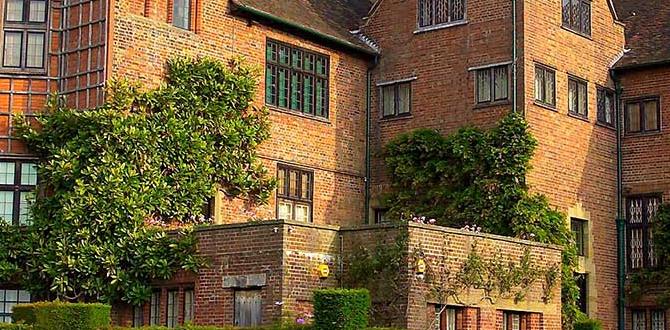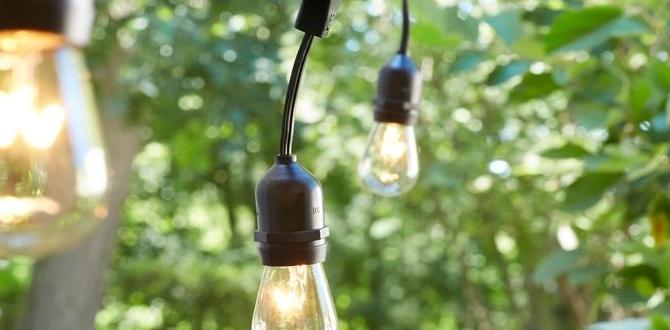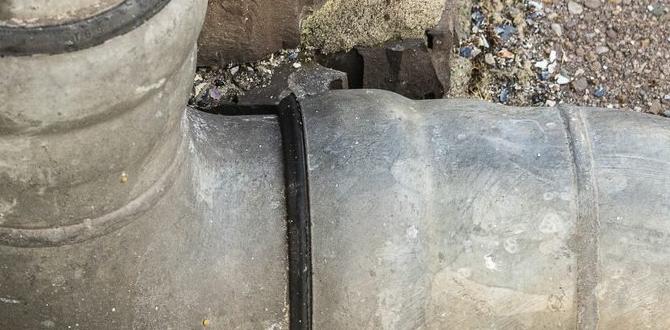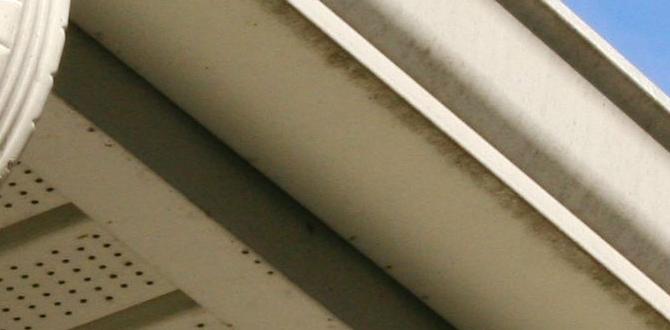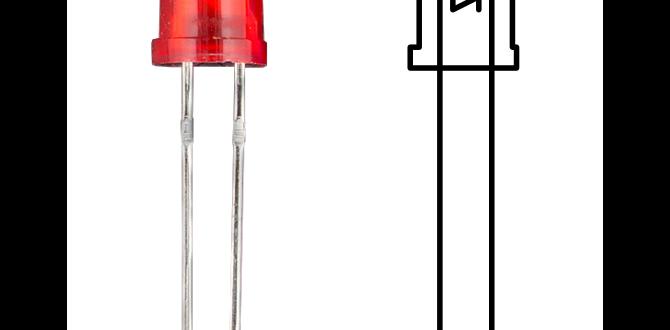Have you ever spotted a slug gliding across your garden? Many people wonder, are slugs good for gardens? At first glance, they might seem like squishy pests. But what if I told you they can help your plants? Surprising, right?
Slugs play an unexpected role in a garden. They munch on decaying plants, turning them into rich soil. Imagine having tiny helpers that recycle nature! That makes you think twice about pushing them away.
But will slugs harm your precious veggies? It’s a tricky question. Some plants may be at risk, while others benefit from their composting skills. So, how do you find out if slugs are friends or foes? Let’s dig deeper into the world of slugs and uncover their secrets!
Are Slugs Good For Gardens? Discover Their Benefits And Drawbacks
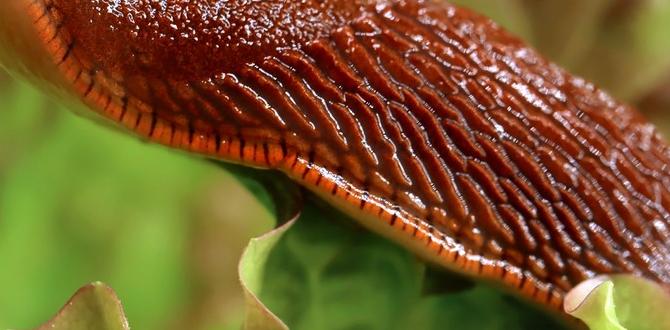
Are Slugs Good for Gardens?
Slugs might seem like pesky little creatures, but they actually play a vital role in gardens. They help break down organic matter, enriching the soil with nutrients. Healthy soil means happier plants! While they enjoy munching on some plants, many gardeners find ways to balance their presence. Did you know that slugs can help your garden thrive if managed properly? Their unique role can lead to lessons in nature’s teamwork in your backyard!What Are Slugs and Their Basic Biology?
Definition and classification of slugs. Life cycle and reproduction habits of slugs.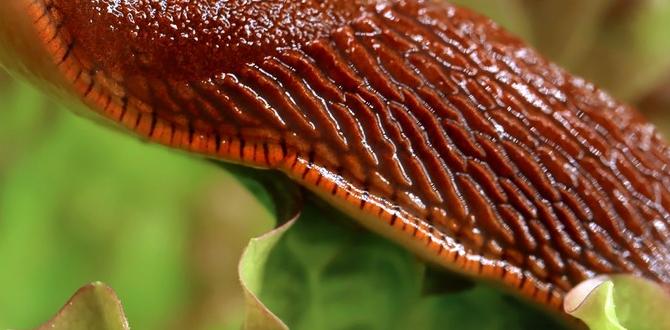
Slugs are soft-bodied creatures that belong to the mollusk family. Unlike their cousins, snails, slugs don’t carry a shell on their backs. They glide around using a slimy layer that helps them move easily. These little guys have a fascinating life cycle. They can lay hundreds of eggs at once! Baby slugs emerge in about two weeks, ready to eat and explore. It’s like a slimy, squishy party, complete with snacks!
| Life Cycle Stage | Duration |
|---|---|
| Eggs | 2-4 weeks |
| Juveniles | 3-4 months |
| Adults | 1-3 years |
In the world of slugs, reproduction is quite a spectacle. They are hermaphrodites, meaning each slug has both male and female parts. Talk about multitasking! So, next time you see one, remember: it may be working harder than it looks!
Positive Impacts of Slugs in Gardens
Decomposition of organic matter and nutrient cycling. Contribution to soil health and structure.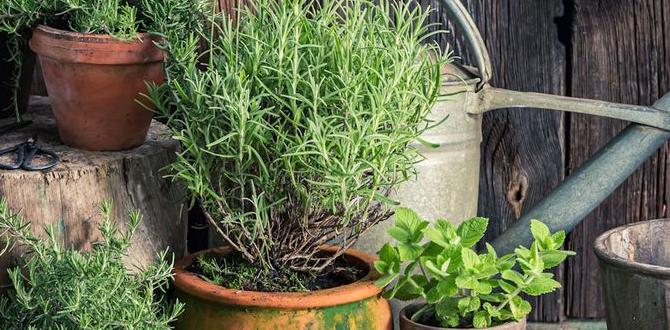
Slugs can actually be good for gardens. They help break down dead plants, leaves, and other organic matter. This process adds important nutrients back into the soil. When slugs do this, they improve soil health and structure. Healthy soil helps plants grow stronger and bigger. Here are some benefits of slugs:
- Decompose dead plants.
- Return nutrients to the soil.
- Improve soil texture.
So next time you see a slug, remember they play an important role in your garden.
Are slugs good for my garden?
Yes, slugs are good for gardens because they help with decomposition and nutrient cycling.
Negative Impacts of Slugs in Gardens
Damage to plants and crops. Potential for spreading diseases.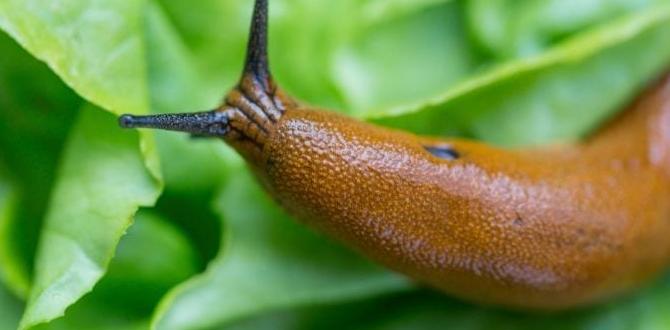
Slugs can cause big problems for your garden. They munch on leaves and flowers, which harms plants. This damage can lead to poor growth and fewer fruits. Plus, slugs can carry diseases. These germs can spread to healthy plants. Over time, this impacts the whole garden.
- Slugs eat holes in plants.
- They can stunt or kill young plants.
- Diseases spread by slugs can harm crops.
Do slugs damage crops?
Yes, slugs can damage crops significantly. They eat the leaves and fruits, leading to lower harvests and unhealthy plants.
How to Manage Slug Populations Effectively
Natural and chemical control methods. Preventative measures to protect plants.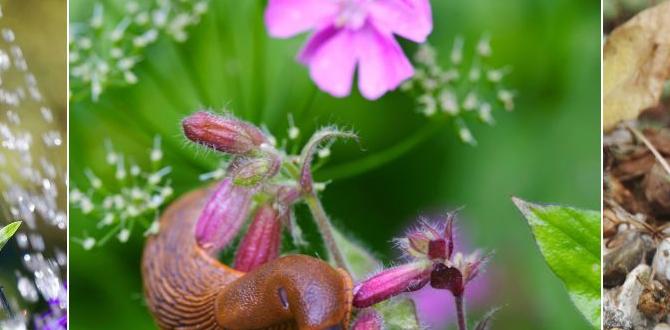
Slugs can be tricky in gardens. To manage them well, try natural and chemical methods. Natural options include using predators like birds, or sprinkling salt around plants. For chemical help, look for safe slug baits. Protect your plants by keeping the garden clean. Here are some helpful tips:
- Remove debris and weeds.
- Water plants in the morning.
- Use copper tape around pots.
These actions can help keep your garden safe from slugs.
Are there natural ways to manage slugs?
Yes, using natural predators and traps can help control slugs without chemicals.
What are common preventative measures?
- Keep your garden tidy.
- Water early in the day.
- Use barriers like copper tape.
Slugs vs. Other Garden Pests: A Comparative Analysis
How slugs differ from common garden pests. Benefits and drawbacks of tolerating slugs.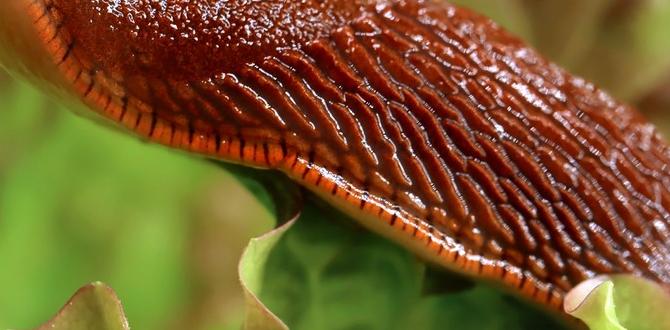
When comparing slugs to other garden pests, it’s clear they have their quirks. Slugs may seem slimy and slow, but they usually cause less damage than voracious beetles or rabbits. These little mollusks can actually help decompose organic matter, making the soil healthier. However, too many slugs can munch on your prized plants, turning them into gourmet meals. Finding balance is key! Below is a quick comparison table:
| Pest Type | Damage Level | Soil Benefits |
|---|---|---|
| Slugs | Low to Moderate | Decomposes organic matter |
| Rabbits | High | None |
| Beetles | High | Little to none |
So, should you tolerate slugs? A few might help more than they hurt. Keep a close eye, and you might just find these squishy little friends aren’t that bad after all!
Building a Balanced Garden Ecosystem with Slugs
Encouraging beneficial wildlife alongside slugs. Creating a habitat that minimizes slug damage.
Slugs might be slimy, but they can play a role in your garden. To encourage them, add some cozy spots like damp leaves or logs. This creates a home for friendly wildlife that helps keep pests away. With a mix of birds and beetles around, slugs won’t get too out of hand. Make sure to plant some slug-friendly options, like hostas or marigolds, for a balanced garden buffet! Just remember, not all slugs are villains. Some can actually boost your soil health!
| Beneficial Wildlife | Role in Garden |
|---|---|
| Birds | Eat slugs and pests |
| Beetles | Control other insects |
| Worms | Improve soil health |
FAQs About Slugs in Gardens
Common questions and misconceptions about slugs. Expert tips for novice gardeners dealing with slugs.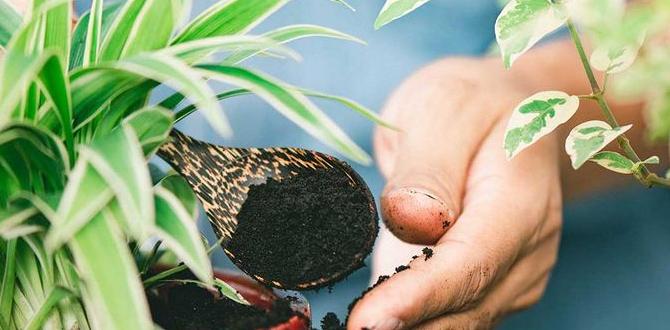
Many gardeners have questions about slugs. Are they friends or foes? Here are some common queries. First, many think slugs only munch on their plants. In reality, they often snack on decaying matter, helping to break it down. These slimy pals might be good for your soil! For those battling these garden guests, try sprinkling salt or using copper tape to keep them away. Lastly, don’t forget: slugs are like the ninjas of the garden—they strike at night! So, keep your plants safe!
| Question | Answer |
|---|---|
| Do slugs damage plants? | They can, but they also help recycle nutrients! |
| How can I keep slugs away? | Use salt, copper, or even eggshells! |
Conclusion
In conclusion, slugs can be both helpful and harmful in gardens. They help by breaking down dead plants but can also eat your crops. If you want to protect your plants, consider using barriers or traps. Explore more tips to manage slugs and keep your garden healthy. Together, we can create a thriving garden for everyone to enjoy!FAQs
What Are The Benefits Of Having Slugs In A Garden Ecosystem?Slugs help keep our gardens healthy. They eat dead plants and leaves, which breaks down into food for soil. This makes the soil rich and helps plants grow better. Slugs also become food for birds and other animals, keeping the food chain balanced. So, having slugs is good for everyone in the garden!
How Can Slugs Impact Plant Growth And Health In A Garden?Slugs can hurt plants in our garden. They munch on leaves, making plants weaker. This can stop plants from growing well. If slugs take too much, the plants might even die. It’s important to keep slugs away to keep our garden healthy.
What Plants Are Most Vulnerable To Slug Damage, And How Can Gardeners Protect Them?Plants like lettuce, hostas, and young seedlings are very vulnerable to slugs. These soft, juicy plants are their favorite snacks. To protect your plants, you can use coarse materials like crushed eggshells or sand around them. You can also try using special traps filled with beer or soapy water to catch slugs. Keeping your garden tidy helps reduce their hiding spots too!
Are There Natural Methods To Control Slug Populations Without Harming Beneficial Garden Species?Yes, there are natural ways to control slugs. You can attract birds and helpful insects that eat slugs. Using sharp things like eggshells or sand can keep slugs away. You can also place wet newspapers out at night. In the morning, you can collect slugs hiding under them.
How Do Slugs Contribute To Soil Health And Nutrient Cycling In Gardens?Slugs help gardens by breaking down dead plants and waste. When they eat, they leave behind droppings. These droppings are rich in nutrients. This makes the soil healthier for plants to grow. So, slugs play an important role in helping our gardens thrive!

